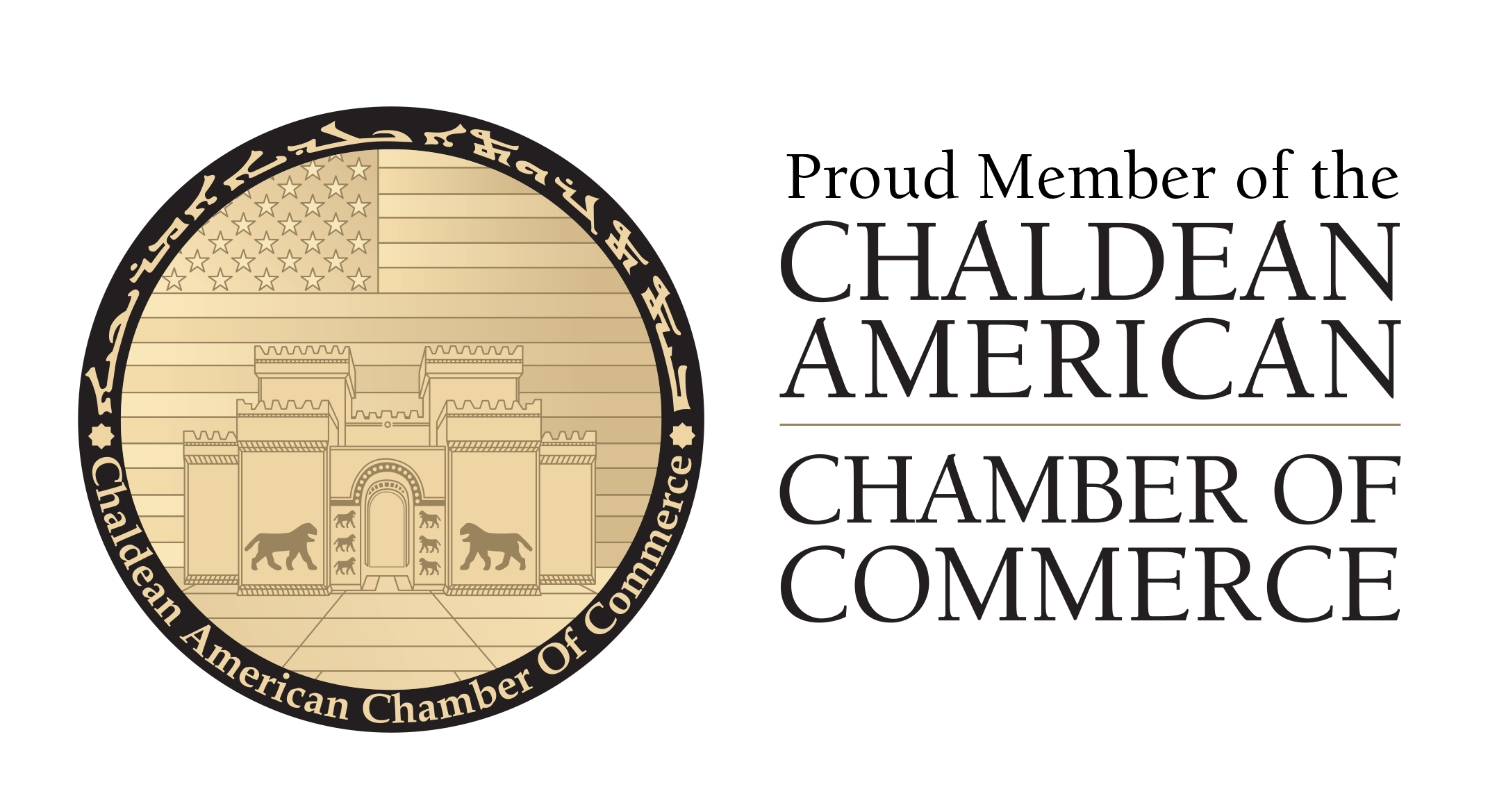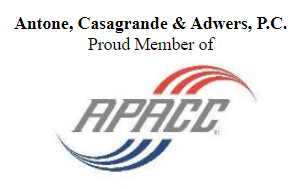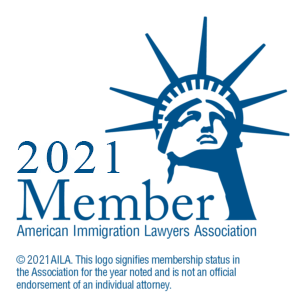In recent years, the field of immigration has seen increasing polarization within its systems—high-quality foreign nationals face difficulties in seeking immigration while thousands are entering at the border. The plight of these individuals risking their lives to flee the dangers of their native countries is substantial and deserves attention, but it also illustrates the fundamental flaws within the country’s immigration system. America needs a better system for both groups: a safe means to seek asylum and, simultaneously, a more efficient pathway for the highly qualified. For this reason,
the recently proposed fee increase for the I-129 classifications for business work visas is a step backward.
It is likely that USCIS believes the fee increase will provide more resources for officers to adjudicate applications (such as H-1Bs, L visas, O visas, and similar business work visas) or to add more staff, enabling a faster turnaround on petitions. However, historically, previous fee increases have not provided any evidence of a resultant decrease in processing time, and this approach misses a critical point.
The best way to improve operational efficiency is to grant examiners the discretion to look at the totality of the substance of a petition and allow them to add common sense to determine eligibility and credibility, rather than focusing on details that are not always relevant. By doing so, far more approvals can be issued without time-consuming RFEs—almost all of which end up approved in the end, but after substantial cost, time, and effort.
A few decades ago, immigration attorneys spent a fraction of today’s time on any one petition, paid a fraction of today’s fees, and achieved results in a fraction of today’s time. The quality of those who enter on work or business visas today is not notably better than those who entered then. In reality, when things were simpler and there was no limit on the number of H-1Bs, those who entered contributed to the internet revolution of the 1990s that changed the world and created millions of American jobs.
Now, creating a single petition to allow a high-quality foreign national to enter on a work permit can feel akin to writing a thesis. It is frustrating that while this process is stalled in bureaucracy, we hear of thousands entering at the southern border with minimal checks. Their plight is fundamentally important, but the inefficiencies of our government in the area of skilled-based immigration highlight a fear of fraud that is unjustly and unevenly applied.
The USCIS’ fraud-averse attitude may stem from political pressure from Congress. On the attorney side, we do not see compelling evidence that fraud is a regular or highly threatening occurrence. Why would an employer spend thousands of dollars in legal fees, thousands more in filing fees, and significant expenses for relocation and travel to bring a foreign national to the US, all when those talented foreign nationals can easily change jobs when they are here? Obviously, those employers are in desperate need of such foreign talent.
Despite this, examiners continue to nit-pick on small details, ballooning the number of RFEs and even denials and spending months adjudicating a petition instead of giving some deference to the employer—who is best suited to know what type of specialized talent, executive, or managerial help they may need.
Also, the proposal to add fixed fees for work visa applications in order to support asylum adjudication is bad policy and a slippery slope. Once instituted, there would be no defined end to what the government could charge to support someone else in an entirely different category. This methodology reflects the assumption that work visas are not important or that employers can afford unlimited fee increases. In reality, many affected employers are small businesses in need of talented foreign workers. This will discourage them from utilizing foreign talent. Similarly, many of those talented foreign nationals finish school in the United States and, because acquiring work visas is getting progressively harder, US companies lose them to foreign competitors.
Therefore, the choice to make I-129 classification applications more prohibitive is the wrong one. The internet and IT revolutions of the 1990s and the 2000s, each of which employed millions of Americans, were started in large part by immigrants or their children who came to this country as part of the work visa programs. Dumping asylum fees on those applications reflects a discount of the importance of work and business visas. These fee increases should be opposed in order to more equitably facilitate high-quality foreign talent and address at least one part of the inequality between the entry of skilled talent and asylum seekers.









